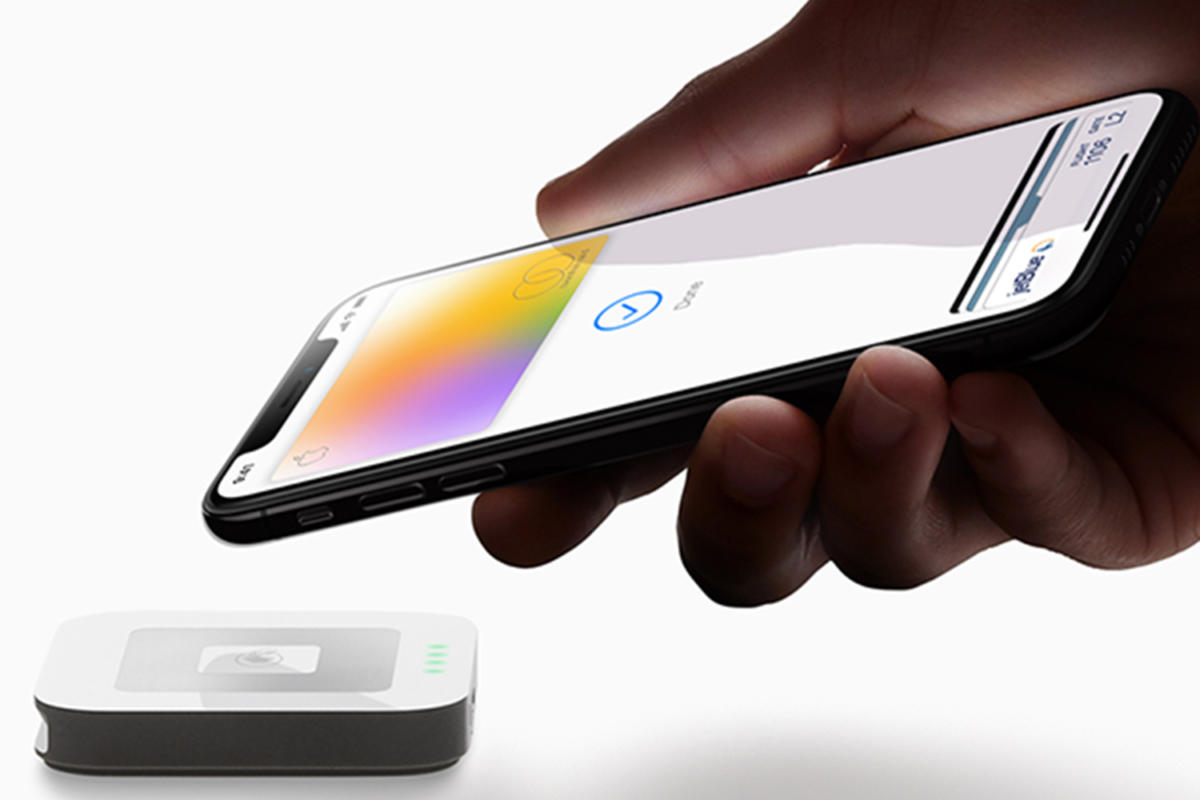The EU Commission is set to officially accuse Apple of “unfairly” restricting access of Apple Pay on iPhone to third-party payment service providers and breaking EU law.
[Update: The EU has officially sent Apple the Statement of Objections.]
In June 2020, the EU launched an investigation against the tech giant’s iOS App Store and its mobile payment system “Apple Pay”. The antitrust body claimed that tech companies’ restrictions and conditions might be anticompetitive in many ways.
A year after, it was reported that European Commission was going to charge Apple with anti-competitive behavior related to NFC chip technology used in iPhones and for Apple Pay wireless transactions. The authority was scheduled to send a formal charge sheet to the tech giant in 2022 to force the tech giant to open its mobile payment system to third-party developers and companies.

Apple to be accused of “unfairly” blocking PayPal and other leading banks from access to Apple Pay
According to Financial Times, the EU Commission will accuse the iPhone maker of deliberately limiting access of its NFC technology used for Apple Pay to third-party payment service providers like PayPal and Venmo. The tech giant might face heavy penalties if found guilty.
Apple will be accused of “unfairly blocking groups such as PayPal and leading banks from accessing its mobile wallet system” by the European Union and could face heavy penalties if the accusation moves forward. In specific, the EU is taking issue with Apple’s restriction of NFC technology on the iPhone, which Apple does not allow third-party app developers to access.
[Update] In its Statement of Objections sent to Apple, the EU states that the tech giant has abused its dominant position in markets for mobile wallets on iOS devices by “limiting access to a standard technology used for contactless payments with mobile devices in stores (‘Near-Field Communication (NFC)’ or ‘tap and go’), Apple restricts competition in the mobile wallets market on iOS” to benefit Apple Pay service. As the tech giant’s conduct goes against EU competition rules, the antitrust body has launched a formal antitrust investigation.

The NFC (near-field communication) chip in iPhones powers the Apple Pay wireless payment service that enables users to make payments simply by waving their smartphones at payment terminals.
The wireless payment service is available across Apple devices and all uses have to do is to add their debit and credit cards to the iPhone Wallet app to quickly and securely make contactless payments in stores, in-apps, and online. The service is also used to send and receive cash via iMessage.
via MacRumors
Read More: